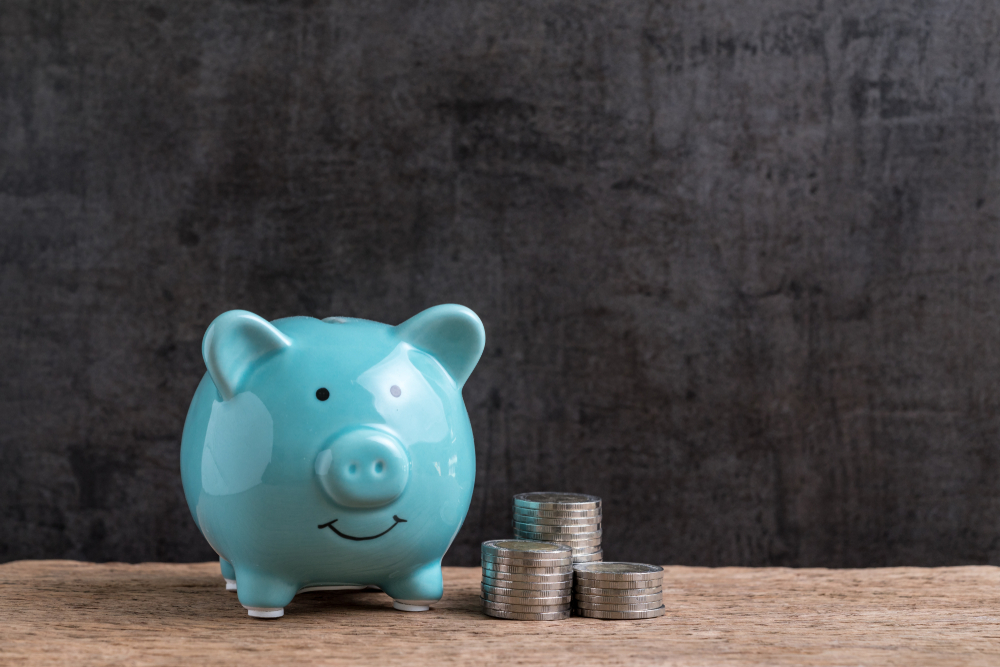“Financial Literacy” is a topic that has long been overlooked by the American education system. High school teachers do not instruct students on the ins and outs of credit card interest rates, the importance of paying off balances, and how to properly plan for the future.
With the popularity of self-help authors such as Dave Ramsey and Mr. Money Mustache, financial literacy has become more readily available to people who have struggled with their finances. In light of the recent economic developments, there has been an increased interest in financial literacy, with more Americans than ever saving money for a rainy day. Indeed, more Americans were projected to be saving their most recent $600 stimulus payment than spending it.
Here are some tips and tricks on how to be financially literate in an increasingly complex financial world.
Credit Cards
Credit cards can be an especially hand tool. They offer the ability to easily pay for food, gas, groceries, and more. With some credit card limits in the thousands or tens of thousands of dollars, however, it is easy to get into trouble quickly.
Carrying a credit card balance can be a risky proposition. Most credit card companies charge very high interest rates — many upwards of 15% — meaning that you will be quickly accruing hundreds or even thousands of dollars of interest that you will have to pay back. The best course of advice is to “not spend what you don’t have.” While this might seem like a tough pill to swallow, particularly in instances where money is tight, it is ultimately in ones best financial instrument to treat a credit card as if it were cash — cash you have in your pocket. If you aren’t sure you can pay off your expense at the end of the month, it’s likely you would be better off not using the credit card.
Having Insurance
Cutting costs on areas like insurance might seem like an attractive way to make your budget go further. However, not having insurance, from automotive to health, can be a very costly mistake. The leading cause of bankruptcy for Americans is medical debts. Without health insurance, you run the risk of a bill for thousands or tens of thousands of dollars. Likewise, forgoing auto insurance can put you at an enormous financial liability. Liability auto insurance makes certain that if you injure someone or damage your car while driving, the cost will be covered. The hundreds of dollars a month that health and auto insurance cost are certainly worth it.
Saving For A Rainy Day
Saving for a rainy day is easier said than done, for many. Putting 10 or 20% of your disposable income is considered to be an excellent best practice, but this can be an onerous financial burden if you are living on a minimum wage salary and trying to support a family. If you are able to set aside some savings, it is increasingly a question of what to do with it, in a world of permanent quantitative easing and next-to-zero interest rates at banks. While sticking money under your mattress is certainly not advised, it is hard to find good low-risk returns right now for your money, with instruments such as gold and savings accounts often-times being beat by inflation (which means, you lose money while it sits there). If you have many years ahead of you, putting your savings into index funds might be a good bet, but it is not without risk if the stock market decreases.
Debt and Interest
Financial literacy experts such as Dave Ramsey and Mr. Money Mustache advise avoiding debt like the plague; and for good reason. If you are in debt, you have money that is going to pay interest to someone else, money you could be using for food or gas or a nicer place to live. If you find yourself in debt, you need to construct a plan how to get out of it (or if your debt is so high, you might decide to file for bankruptcy or just let your credit tank). Whatever path you choose, it is important to have a plan, and then to execute it, to have a bright future where you don’t need to depend on Social Security to retire
In Conclusion
Digging out of a hole can be hard. Sometimes it’s best to cut your losses, and figure out which parts of the hole really need to be dug out from under, and which can be left alone. The most important thing is to make a plan and to start to execute on it. Setbacks can be discouraging, but if you treat a credit card like an option that isn’t there, you will have to find another way to bridge the gap, hopefully one that doesn’t worsen your situation. In the words of comedian Dave Chappelle, “We always find a way.”

